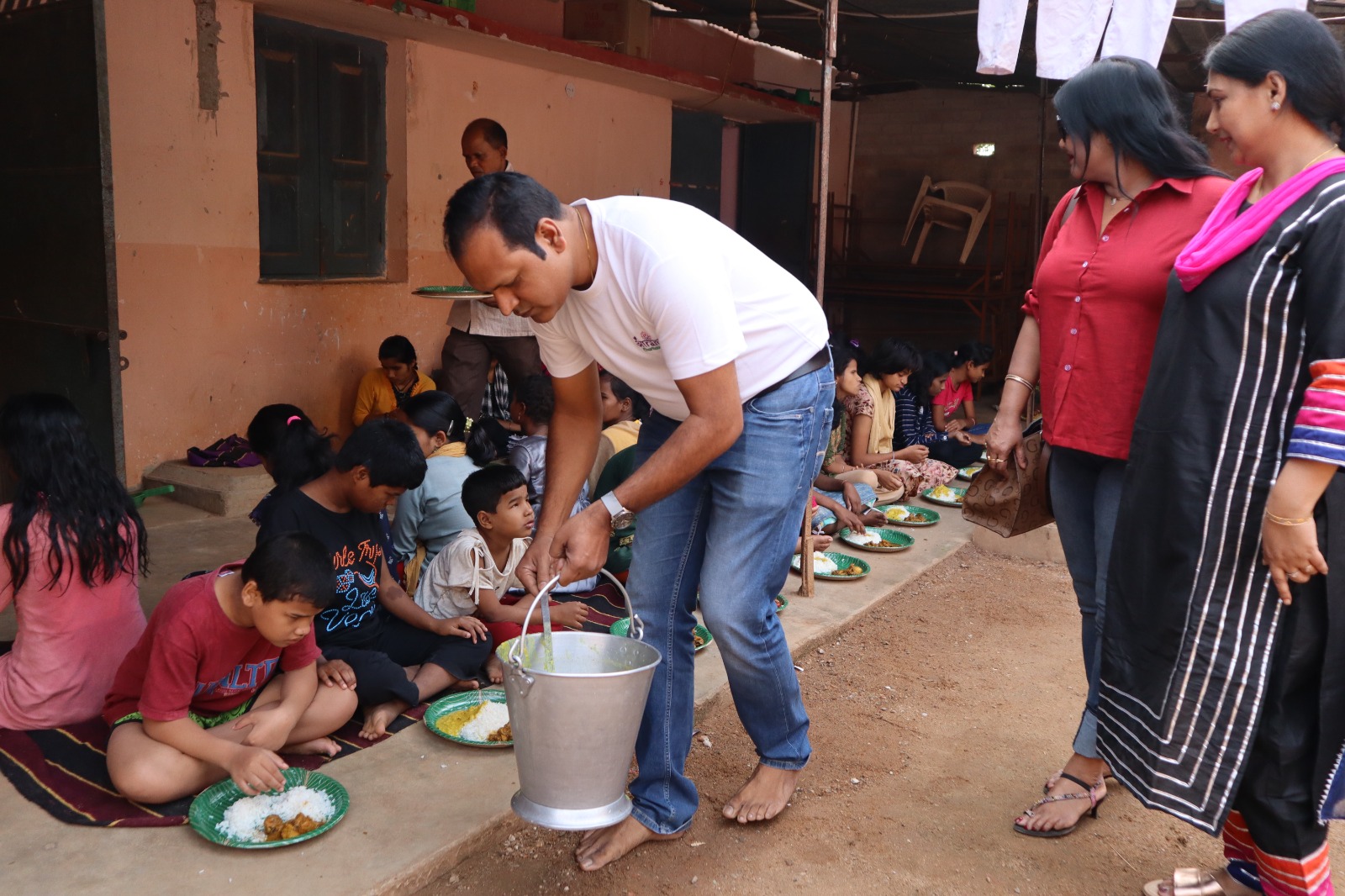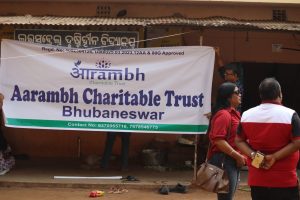Food Support Program
The Food Support Program initiated by Aarambh Charitable Trust aims to address food insecurity and provide nutritious meals to vulnerable populations, including orphaned children and needy senior citizens. Through collaborative efforts with local partners, this program seeks to alleviate hunger and improve the overall well-being of individuals facing food scarcity.
Objectives:
- Nutritional Support: Ensure access to balanced and nutritious meals for orphaned children and needy senior citizens.
- Food Security: Address food insecurity by providing consistent support to underserved communities.
- Collaborative Partnerships: Foster partnerships with local organizations and stakeholders to enhance the reach and impact of food distribution efforts.
- Community Empowerment: Empower individuals and families to lead healthier lives by meeting their basic nutritional needs.
Program Components:
- Meal Distribution: Regular distribution of nutritious meals to orphaned children and senior citizens in identified communities.
- Needs Assessment: Conduct periodic assessments to identify individuals and families in need of food support and tailor assistance accordingly.
- Hygiene and Sanitation: Promote hygiene and sanitation practices to ensure food safety and prevent foodborne illnesses.
- Capacity Building: Provide education and training on nutrition, meal preparation, and kitchen safety to beneficiaries and community members.
- Community Engagement: Engage community members in program planning and implementation to foster ownership and sustainability.
- Advocacy and Awareness: Raise awareness about food insecurity issues and advocate for policies that support access to nutritious food for all.
Implementation Strategy:
- Needs Assessment: Conduct thorough assessments to identify target beneficiaries and understand their specific needs and challenges.
- Partnership Development: Collaborate with local NGOs, government agencies, and community leaders to leverage resources and expertise for program implementation.
- Resource Mobilization: Secure funding and in-kind donations from philanthropic organizations, corporate sponsors, and individual donors to support food procurement and distribution efforts.
- Monitoring and Evaluation: Establish monitoring mechanisms to track program progress, evaluate outcomes, and make necessary adjustments for continuous improvement.
- Sustainability Planning: Develop sustainability strategies to ensure the long-term viability of the program and its impact on beneficiary communities.



